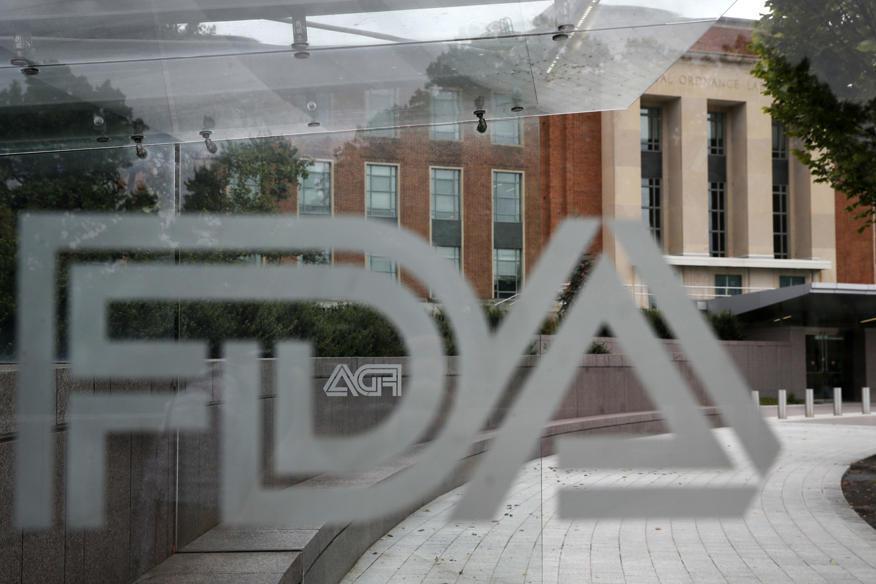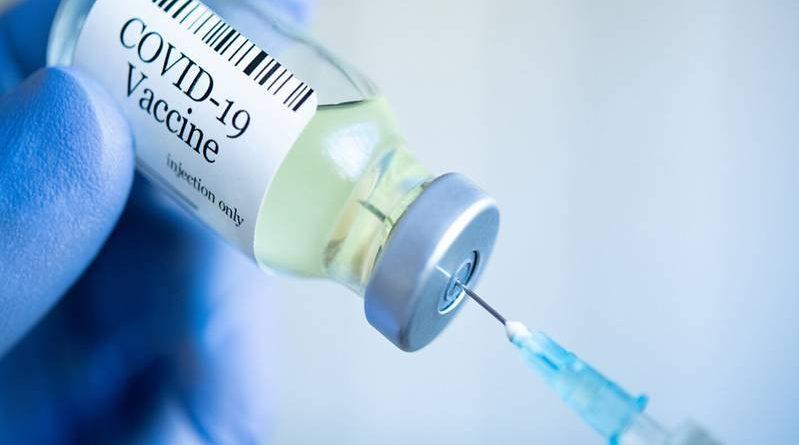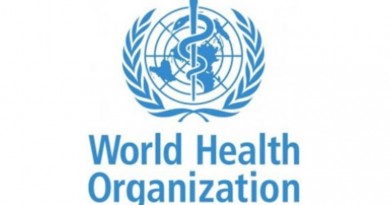First injectable HIV preventive medication now available
The Food and Drug Administration on Monday approved the world’s first injectable medication to reduce the risk of sexually transmitted HIV.
Previously, the only PrEP (pre-exposure prophylaxis) medications that have been approved were pills required to be taken daily, such as Truvada and Descovy. For some people, adherence to daily medication can prove challenging or “not a realistic option,” said Debra Birnkrant, director of the FDA’s antivirals division.
“Today’s approval adds an important tool in the effort to end the HIV epidemic by providing the first option to prevent HIV that does not involve taking a daily pill,” Birnkrant said in a statement.

© Jacquelyn Martin/AP The U.S. Food and Drug Administration building on the agency’s campus in Silver Spring, Md.
PrEP in pill form can reduce the risk of getting HIV from sex by as much as 99 percent, according to the Centers for Disease Control and Prevention, though the CDC notes that it is “much less effective when it is not taken as prescribed.”
The injectable drug, Apretude, is given first as two injections one month apart and then once every two months. It was approved for use in “at-risk” adults and adolescents weighing at least 77 pounds. Recipients are required to test negative for HIV before starting the drug and before each injection “to reduce the risk of developing drug resistance,” the FDA said.
The injectable medication was found in trials to be more effective than oral medication at preventing HIV infection from sex. In a trial of 4,566 cisgender men and transgender women who have sex with men, those who took Apretude had 69 percent less risk of getting infected compared with participants who took Truvada, the FDA said. Participants in a trial of 3,224 cisgender women found those who took Apretude had 90 percent less risk of getting infected than those who took Truvada.
Birnkrant said the injection provides a “critical” alternative to oral medication, which the FDA noted can be less effective in certain groups of people who are less likely to adhere to the strict daily regimen. Other factors — such as substance abuse, depression, poverty and the need to hide or take the oral medication discreetly — also impact adherence, the FDA said.
Apretude will be sent to distributors early next year, said Melinda Stubbee, a spokeswoman for the drug’s manufacturer, ViiV Healthcare, an HIV-focused pharmaceutical company that is majority owned by the British pharmaceutical giant GlaxoSmithKline.
Although ViiV expects a large, immediate demand for the drug, it does not anticipate problems with a lack of supply, Stubbee said.
The United States is the first country to approve the drug, though the company has submitted requests for approval in a handful of other countries, including Australia, South Africa and Zimbabwe, she said.
The trials were among the most diverse and comprehensive preventive trials done, Stubbee noted. U.S. trials were inclusive of Black and Latino men and transgender women, who she noted are disproportionately affected by HIV, and trials in sub-Saharan Africa included cisgender women there who “bear a disproportionate burden of the HIV epidemic.”
The FDA said it hopes the availability of an injectable PrEP medication will increase uptake in people who are at risk of contracting HIV from sex. In 2020, about one in four of the 1.2 million people for whom PrEP is recommended were prescribed it. Although that is a significant increase from just 3 percent in 2015, the FDA said, “there remains significant room for improvement.”




